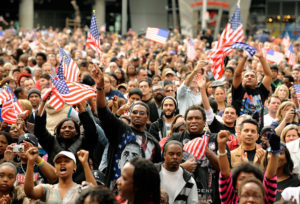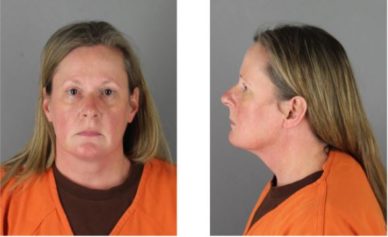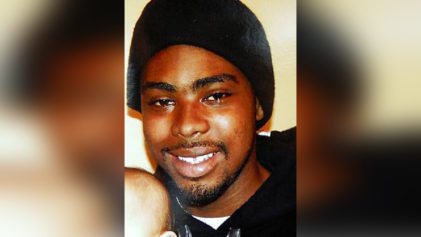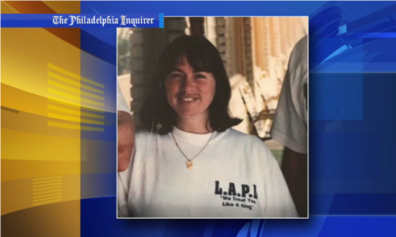
Still, a new UCS Dornsit/Los Angeles Times poll indicated two-thirds of the people there believe race relations are stable or improving, and less than a quarter believe they are getting worse, the survey found. Younger voters are more optimistic than older voters about the future.
On the heels of so many fatal police shootings of Black men around the country, 43 percent of those polled think law enforcement is tougher on Blacks in general more than any other group—a 10 percent jump from seven months ago.
Despite the overall numbers, a significant majority of voters —of all races—say Blacks and Latinos still face substantial discrimination in California. And nearly half of Black voters say they personally experience discrimination at least sometimes, as do more than a quarter of Latinos and Asians.
California is where Rodney King was beaten badly by multiple white officers in Los Angles, caught on tape, in 1992, charging America’s most volatile race riots since the 1960s when the officers were acquitted. Seventeen years later, in 2009, unarmed Black man Oscar Grant III was shot in the back and killed by a white transit officer in front of witnesses and while recorded as he lay on his stomach on a train platform. The shooter spent 11 months in prison. Those are two explosive cases that exemplify how racial discord in California matches that of other places around America.
According to the study, nearly 75 percent of those polled said race relations are excellent or good in their neighborhoods. But just under half hold that view of California as a whole, and barely a quarter say race relations nationwide are excellent or good.
So, why the positive numbers about the state? Driving public opinion, pollsters said, is the growing diversity of California’s population.
“When you know your neighbor and have more diverse communities, which California does, it becomes much harder to discriminate against other people,” pollster Dave Kanevsky of American Viewpoint, the Republican firm on the bipartisan polling team, said to the Los Angeles Times.
California’s population is 39 percent white, 38 percent Latino, 14 percent Asian, 7 percent Black and 2 percent Native American, with some overlap, according to the latest U.S. census figures.
Most of the voters surveyed said their neighborhoods were at least somewhat diverse. Nearly a third said they lived in very diverse areas. Most also said that diversity had a positive influence on their communities.
A distinction emerged, however, between racial and ethnic diversity in public venues and private settings.
A solid majority of voters said they often interact with people of a different race when running errands or going to movies, concerts or sporting events. But just 45 percent frequently mingle with people of another race in settings like parties or picnics, and only 33 percent in their place of religious worship.
“Because California is such a multicultural society, we have much more interaction with people of other races and ethnicities,” said poll director Dan Schnur, director of USC’s Jesse M. Unruh Institute of Politics. “But even in a state like this one, it looks like most of those interactions occur by happenstance, rather than intentionally.”
Poll participant, Joyce Cox, 78, a retired child-care provider who is Black, welcomes the diversity of her hometown, Richmond, just north of Berkeley. “A mixed jambalaya of people is better,” she said to The Times.
But to Cox recent police brutality against African-Americans reflects the country’s deteriorating race relations.
“I personally feel that the white people are trying to push back time and take Blacks back where they used to be,” she said.
More than 3 in 4 Black voters in California said police were tougher on Blacks than on other groups. More than half of Asian American voters agreed, as did 42 percent of whites.
Overall, just 36 percent of California voters said police generally treat all groups the same way.


